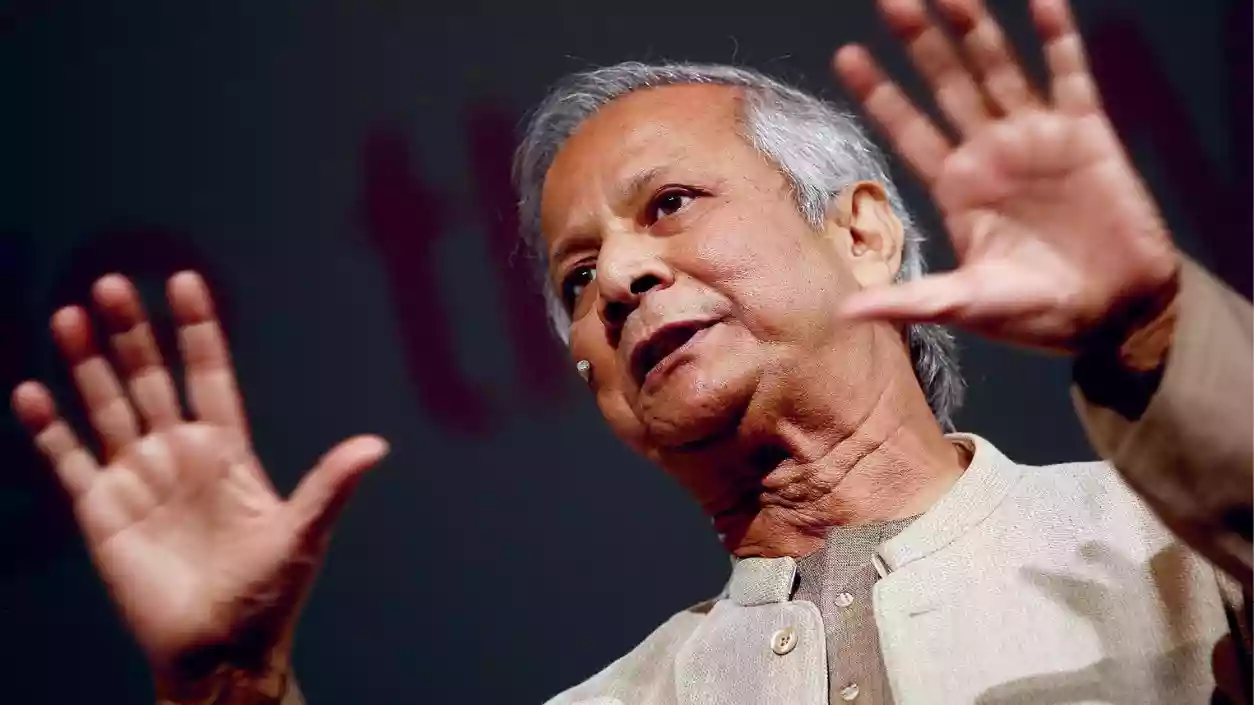.gif)
.gif)

Muhammad Yunus, the interim leader of Bangladesh, has confirmed that the country's general elections are expected to take place by the end of 2025 or in early 2026. Yunus, appointed as the chief adviser to the caretaker government after the August 2024 student-led revolution that led to the ousting of former Prime Minister Sheikh Hasina, is overseeing a temporary administration tasked with restoring democratic institutions in Bangladesh, a country of 170 million people.
The political turmoil in Bangladesh culminated in the toppling of Hasina, whose 15-year rule faced widespread criticism for human rights abuses, political repression, and election manipulation. Under her leadership, the government was accused of politicizing the judiciary, suppressing opposition parties, and staging lopsided elections. Hasina fled the country in August 2024 as protesters stormed the prime minister's palace in Dhaka, resulting in the formation of the caretaker government led by Yunus.
Yunus’s administration is focused on implementing a range of reforms to restore democratic practices and ensure a transparent electoral process. Central to this is the creation of a new, accurate voter list. The existing voter list, which is plagued by inaccuracies, requires updating to reflect first-time voters, a growing youth population, and the removal of false names. Yunus emphasized that updating the voter list is a complex and necessary process before elections can take place, with the interim government working on a solution that would ensure electoral credibility.
The timetable for the elections will depend on the successful implementation of these reforms. Yunus has stated that if political parties reach a consensus to hold elections with minimal reforms, including a flawless voter list, the general elections could take place by November 2025. However, if a full suite of electoral reforms is necessary—including the updating of voter records and other governance reforms—this could delay the elections until the first half of 2026.
The interim administration has launched several commissions to oversee these reforms, focusing on electoral systems, governance, and ensuring that the democratic process is transparent and free from political manipulation. Yunus has expressed a commitment to preventing future governments from undermining citizens' voting rights, stating that achieving 100 percent voter turnout would help ensure no government can strip citizens of their rights in the future.
Bangladesh’s last general election, held in January 2024, was widely condemned for being neither free nor fair, and opposition parties boycotted the process after a crackdown on dissent. Thousands of opposition members were arrested, and the elections were viewed as heavily influenced by the ruling Awami League party. With the restoration of democratic processes now a priority under the caretaker government, the upcoming elections will be a critical step in Bangladesh's political future. The transition from Hasina's regime to Yunus's leadership marks a pivotal moment in the country’s efforts to address political instability and human rights concerns.